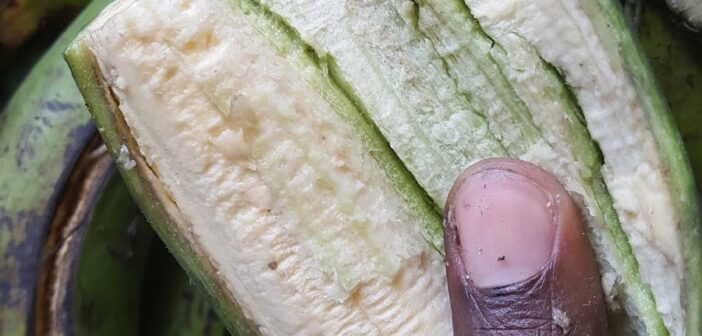The distinct flavours of Grenada at Christmas will take on a new element this year as residents in Clozier and Telescope will now be able to convert their organic kitchen waste into high grade compost for use in their gardens and for sale.
In a new project aimed at reducing the amount of solid waste disposed in the island’s lone landfill, the Sandals Foundation has teamed up with the Inter-American Institute for Cooperation on Agriculture (IICA) and the Grenada Solid Waste Management Authority (GSWMA) to build the capacity of 100 residents from both communities on how to create compost from their food scraps.
“To say we are excited about this project is an understatement,” says Patrice Gilpin, Public Relations Manager of Sandals Foundation. The beautiful spice isle of Grenada is abundant with opportunities when it comes to converting what so many households call ‘waste’ into lucrative organic fertilizer for their home gardens and to even be sold for added income.
“Through these trainings, we will be building the capacity of residents to create a sustainable waste management method – helping them utilize their vegetables and other organic kitchen waste to create compostable feedstock that will in turn increase the production of their backyard gardens,” says Gilpin.
“Organic waste accounts for approximately 43% of the wastes sent to the local landfill,” shares Derek Charles, National Specialist at IICA Grenada, “and is gold for home compost production.”
“Organic compost provides nutrition to plants and improves soil health. This could lead to a transformative approach to backyard gardens as families will now be able to adapt to the changing climate and always be able to reap nutritious and high-quality produce because of the nutrient-filled soils that they will be using to plant,” says Charles.
Now as Grenadians get set to prepare their customary holiday sorrel drinks, cocoa tea, saltfish and fish cake, as well as home-baked bread and fruit cake, the organic waste from the ingredients of some of these dishes and many more local meals are prime input to create compost.
Interested residents will learn how to identify, separate, and create compost by using the Windrow process – a unique process best suited for large-scale compost production. Residents will learn how to mix grass cuttings and leaves with kitchen waste and by carefully following small steps – allow the natural processes of nature to take its course and create compost fitting for potted plants and kitchen gardens.
The project, which is valued at US $7,000 will also see to the piloting of the home composting bins as participants will be grouped into families of 20 households working together to create their own compost base on what they have learnt from the larger Windrow compost production.
“In all, there will be 10 groups of families across the two communities who will work together to produce compost and demonstrate that they understand the process of composting. The children of each of the families will have the opportunity to learn how to produce compost using the said bins hence the sustainability of the project’ says Charles.
The Community Compost project forms part of 40 projects being implemented by the Sandals Foundation to commemorate the 40th anniversary of its parent company, Sandals Resorts International. By reducing residents’ dependence on the island’s landfill, the philanthropic group also hopes to decrease the amount of waste generated by communities thus ensuring a less polluted environment for the citizens.
![]()




